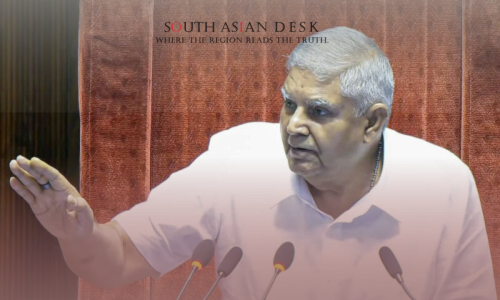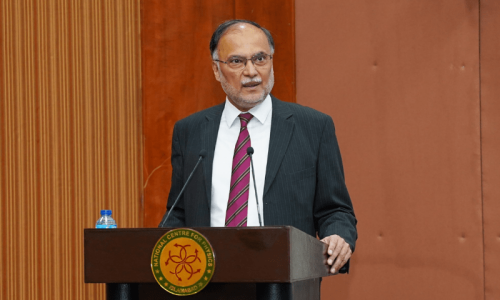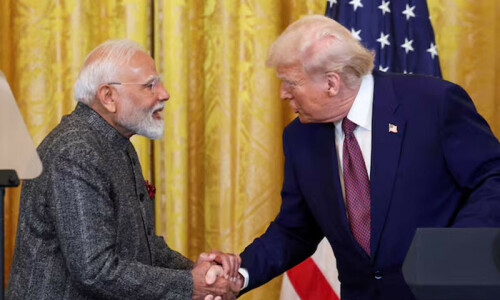On July 21, 2025, Jagdeep Dhankhar, India’s 14th Vice President, announced his resignation, citing health concerns that required him to prioritize medical care. The 74-year-old, who also served as the ex-officio Chairman of the Rajya Sabha, submitted his resignation to President Droupadi Murmu, effective immediately, under Article 67(a) of the Indian Constitution.
Dhankhar’s tenure, which began in August 2022 after a decisive victory against opposition candidate Margaret Alva, was marked by his vocal advocacy for parliamentary supremacy and his active engagement in legislative proceedings. Despite recent health challenges, including a cardiac event earlier this year and a fainting incident in Nainital last month, Dhankhar presided over the Rajya Sabha on the first day of the Monsoon Session, hours before his unexpected announcement.
In his resignation letter, Dhankhar expressed gratitude to President Murmu for her steadfast support and praised Prime Minister Narendra Modi and the Council of Ministers for their cooperation. He reflected on his tenure as a period of pride, noting India’s economic progress and global standing as significant highlights of his service.
The sudden resignation has sparked varied reactions. Some opposition leaders, including Congress’s Jairam Ramesh, have raised questions about the timing, given Dhankhar’s active participation in parliamentary activities earlier that day. Others, like senior advocate Rajya Sabha MP Kapil Sibal, acknowledged Dhankhar’s openness and nationalist perspective, despite ideological differences.
With Dhankhar’s exit, Deputy Chairman Harivansh Narayan Singh will oversee Rajya Sabha proceedings until a new Vice President is elected. The Constitution mandates that an election, involving members of both Lok Sabha and Rajya Sabha, must occur within 60 days, by September 19, 2025. The BJP-led NDA, holding a parliamentary majority, is expected to name a candidate soon.
Dhankhar’s departure marks him as the third Vice President in India’s history to resign mid-term, following V.V. Giri and R. Venkataraman, who left to assume the presidency. His prior role as West Bengal’s Governor from 2019 to 2022 was notable for its tensions with the state’s Trinamool Congress government, earning him a reputation as an assertive constitutional figure.
As India navigates this transition, Dhankhar’s legacy as a lawyer-turned-politician and his contributions to parliamentary discourse will remain a point of reflection in the nation’s political landscape.
Published in SouthAsianDesk, July 22nd, 2025
Follow SouthAsianDesk on X, Instagram and Facebook for insights on business and current affairs from across South Asia.




![Collage of COAS Field Marshal Munir [L] and US President Donald Trump. — ISPR/AFP](https://southasiandesk.com/wp-content/uploads/2025/06/18090415659519a-2.jpg)